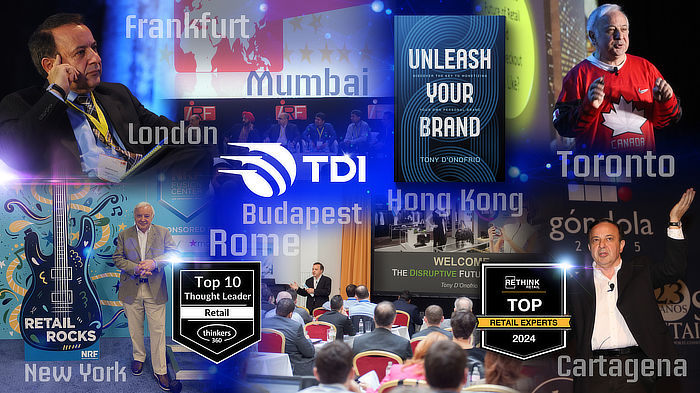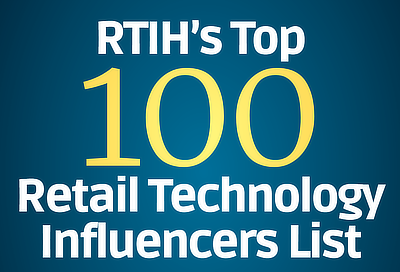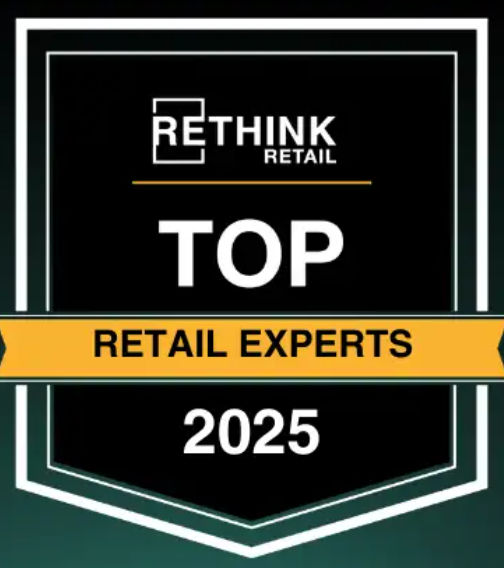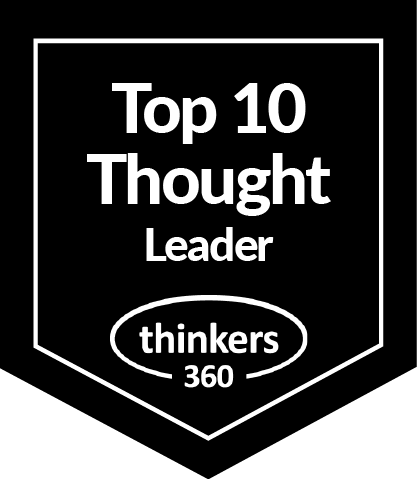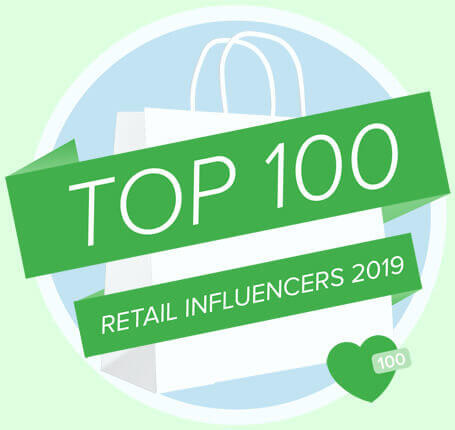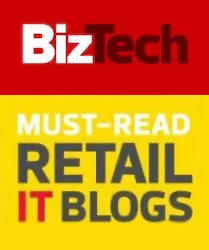The 2012 London Olympics are now history. As we all cheered through the thrills of victory and yes the agonies of defeat (ABC Sports), we probably missed were some key marketing lessons as they relate to branding. For the Games of the XXX Olympiad, a new technology subplot emerged that in the future will lead participating companies that understand it to either win gold in branding or go home without a medal. Thinking of the marketing lessons from the 2012 Olympics led to selecting the following as the most important post of the week:
- Four Leadership Lessons From The Olympics http://ow.ly/cOrdW
Some key 2012 London Olympics statistics to set the scene:
- The opening ceremonies had a global audience of about 4 billion people
- 10,500 athletes proudly represented 204 nations
- 2,100 medals were at stake, but of course "Gold" was the prize everyone sought
The most important post of the week highlighted "Branding" as the number one leadership lesson of the modern day Olympics. The Olympic brand unifies the world for the few weeks where the games takes place, but then continues to thrive in the buildup to the next Olympics. Think of the excitement when host nations are announced and the level of celebration that takes place in that host nation starting day one. As the author of the post asks "The Olympics have created a brand that crosses generations, geographies, and socioeconomic demographics – can you say the same?"
Technology advancements such as the internet, mobility, and social media are dramatically increasing the importance of branding. If you want to thrive in the future as a retailer, a company, a Linkedin group, and yes even as an individual, focus on your core brand value, your unique sales proposition, that brought you to initial success. New tech can assist in four key ways:
- The new technology advancements around us are actually making it easier to increase the value of your particular brand. Properly leveraged, new tech can take your idea viral to millions of potential target customers in much less time. Key future technology combinations will be mobility and social media. Globally, 4.8 billion people now own mobile phones (just 4.2 billion own a toothbrush). As of May 2012, Facebook had 900+ million users.
- Globalization is all about branding. Having a strong brand at home that goes viral with a specific target audience makes it much easier to export that brand to other nations. Success in other countries starts with being able to expand the core value of your brand to the same core audience that build your business at home. New tech speeds up the process of reaching your target audience. Properly deployed, new tech can help identify those subtle cultural differences in each country to optimize brand value for the globalizing company. Want to expand your brand value in China, then think mobile. Over a billion people carry a mobile phone in China today, 4X USA penetration.
- Branding ultimately means building strong relationships with your target audience that last beyond the excitement of opening that first store in China, Russia, Brazil, or India. On the personal level, it is that first impression you make on Linkedin and the strong virtual relationships you build around it. Having presence and building the value of a brand are actually at opposite ends of the spectrum. New tech is again making it easier at both the company and personal level to build strong relationships.
- Surviving and thriving in the new high tech connected world will ultimately come down to your brand and the execution of the strategies to increase its value on a global scale. The internet, mobility and social media are segmenting target audiences. At home you may have a small target audience, but properly targeted globalization will grow your target market beyond national borders.
We will come back to the topic of branding in future posts, but let us for a short moment go back to the 2012 London Olympics for some additional marketing lessons. There is a negative side to all the new tech as it relates to branding. Yes it can be used to build the value of your brand, but it can also be used to attack it, with both short and long term consequences.
For the London Olympics games, NBC (USA TV network) elected to continue their legacy model of delayed coverage of the key sporting events. Each evening its audience received pre-packaged content, often delaying the most important events of the day late into the night. While NBC delayed its coverage, social media delivered instant results after each Olympic event. On Twitter, the hashtag #nbcfail was born criticizing both the mistakes in the coverage and also the delayed results. NBC, with its strong ratings, may have won this current battle, but are they losing the war for network television viewers? In other words, from a branding point of view, short term has NBC disfranchised a growing future target audience that relies on new tech which will continue to turn away from broadcast networks and transition faster to online content?
A longer term view is required in continuosly building the value of a brand if you want to thrive in an increasingly global market. The modern Olympics have achieved this branding success with their global packaging. To win the "Gold Medal" in branding, start today to first understand the core value of your particular brand. Propogate its value through the new technologies emerging to a wider global audience. Always defend its value by monitoring the input your target audience is giving you through the new technologies. Then continuously train for the next Olympics in making sure that your brand keeps its global cache value for the long term.
Always "Carpe Diem" towards that "Gold Medal" in branding.




